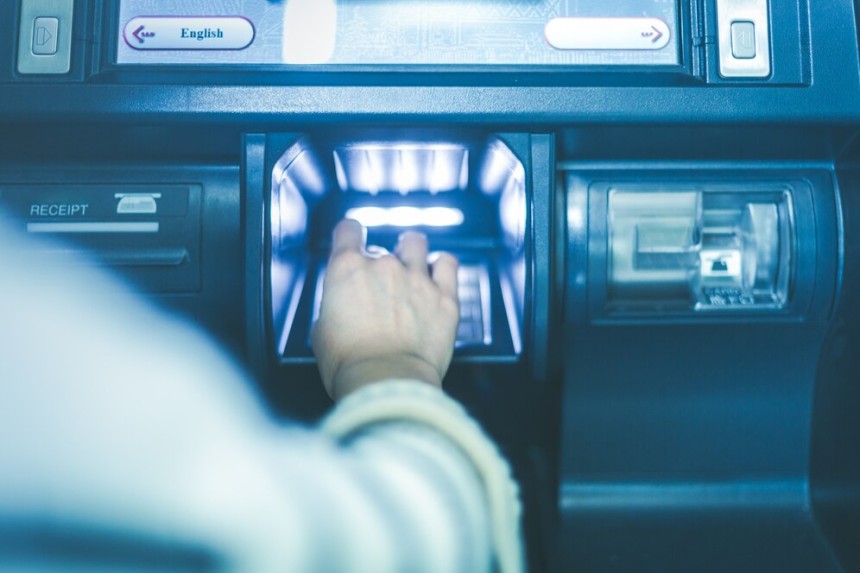
Is It Better to Pay Off Collections or Charge-Offs?
Both collections and charge-offs can lower your credit score. You can contact the creditor to pay off the balance, negotiate amounts or open new accounts.
When it comes to managing debt, understanding the implications of paying off collections versus charge-offs is crucial. Both collections and charge-offs represent missed payments on debts, but they affect your credit and financial situation differently. This article explores the distinctions between collections and charge-offs, their impact on your credit, and provides guidance on whether it’s better to pay off collections or charge-offs.
Understanding Charge-Offs and CollectionsBefore diving into strategies for dealing with these debts, it's essential to understand what charge-offs and collections are:
1. Charge-Offs
A charge-off occurs when a creditor deems a debt as unlikely to be collected after a prolonged period of missed payments, typically around 180 days or six months. This doesn’t mean the debt is forgiven; it merely indicates that the creditor has written it off as a loss in their accounting records. The debt is then either sold to a collections agency or sent to a collection department within the same company.
Impact on Credit Report:
- A charge-off is a serious derogatory mark on your credit report. It significantly impacts your credit score and remains on your report for up to seven years from the date of the first missed payment.
- Charge-offs indicate to future lenders that you were unable to manage your debt responsibly, which can make it difficult to obtain new credit or loans.
2. Collections
Collections occur when a creditor or debt collector takes steps to recover a debt that has been unpaid for a significant period. This can happen after a charge-off, but collections can also arise directly if you miss payments and the creditor decides to outsource the debt recovery to a third-party collections agency.
Impact on Credit Report:
- Collections accounts also negatively impact your credit score and appear on your credit report. Like charge-offs, they remain for up to seven years from the date of the first missed payment.
- A collection account indicates to lenders that you have unresolved debts that have been handed over to a collection agency, which can affect your ability to secure new credit.
1. Impact on Credit Score
Both charge-offs and collections can damage your credit score. However, the impact might differ based on the amount of time that has passed and how recent the entry is. Generally, a charge-off may have a more significant impact on your credit score than a collection, especially if the charge-off is recent.
2. Negotiability and Settlements
With charge-offs, there is sometimes an opportunity to negotiate a settlement with the original creditor before the debt is sold to a collections agency. After a debt is sold to collections, you might be dealing with a third-party agency, which can complicate negotiations.
3. Removal from Credit Report
Paying off a charge-off or a collection does not automatically remove it from your credit report. However, once a debt is paid, you can request that the creditor or collection agency update the status to “Paid” or “Settled,” which may have a slightly less negative impact than an unpaid status.
Should You Pay Off Collections or Charge-Offs First?1. Assess Your Financial Situation
Before deciding whether to pay off collections or charge-offs first, assess your overall financial situation. Consider the following:
- Total Debt Amount: Determine the total amount you owe in collections and charge-offs.
- Interest Rates: Some debts may accrue interest or fees, affecting how much you owe over time.
- Ability to Pay: Evaluate how much you can realistically afford to pay each month or as a lump sum.
2. Prioritize High-Impact Debts
- Charge-Offs First: If you have the opportunity to negotiate with the original creditor, settling a charge-off might be beneficial. This can sometimes lead to a more favorable outcome, such as a negotiated settlement or removal of the charge-off from your credit report upon payment.
- Collections Next: After dealing with charge-offs, focus on collections. Collection agencies may be more willing to negotiate and settle debts for less than the full amount owed, especially if the debt is old or has been difficult to collect.
3. Understand the Implications of Payment
- Settling Charge-Offs: Paying off a charge-off can help improve your credit score over time. In some cases, creditors might agree to remove the charge-off from your credit report once it is settled, though this is not guaranteed. Always get any agreement in writing.
- Settling Collections: Paying a collection agency may result in the status being updated to “Paid” or “Settled,” but the collection entry will still remain on your credit report. Some collection agencies might also agree to remove the collection from your report upon settlement, though this is less common.
4. Seek Professional Advice
If you're overwhelmed by debt or unsure of the best course of action, consider consulting a credit counselor or financial advisor. They can help you create a plan to manage and pay off your debts effectively.
Practical Steps to Manage Charge-Offs and Collections- Obtain Your Credit Report: Start by obtaining a copy of your credit report from all three major credit bureaus—Equifax, Experian, and TransUnion. Review your reports to identify all charge-offs and collections.
- Verify the Debt: Ensure that the debts listed are accurate and that you are indeed responsible for them. Dispute any inaccuracies with the credit bureau.
- Contact Creditors and Collectors: Reach out to the creditors or collection agencies to discuss your debt. Negotiate settlements or payment plans if possible.
- Get Agreements in Writing: Before making any payments, get written confirmation of any settlement agreements or payment plans.
- Monitor Your Credit Report: After settling debts, monitor your credit report to ensure that it is updated correctly and that any agreed-upon changes are reflected.
Whether it is better to pay off collections or charge-offs largely depends on your individual financial situation and the specifics of your debts. Generally, focusing on paying off charge-offs first might be more advantageous if you can negotiate with the original creditor. Once charge-offs are managed, directing your attention to collections is a prudent next step.
Understanding how these debts impact your credit and taking strategic steps to manage and resolve them can significantly improve your financial health and credit standing. By being proactive and informed, you can navigate the complexities of debt repayment and work towards a more secure financial future.





